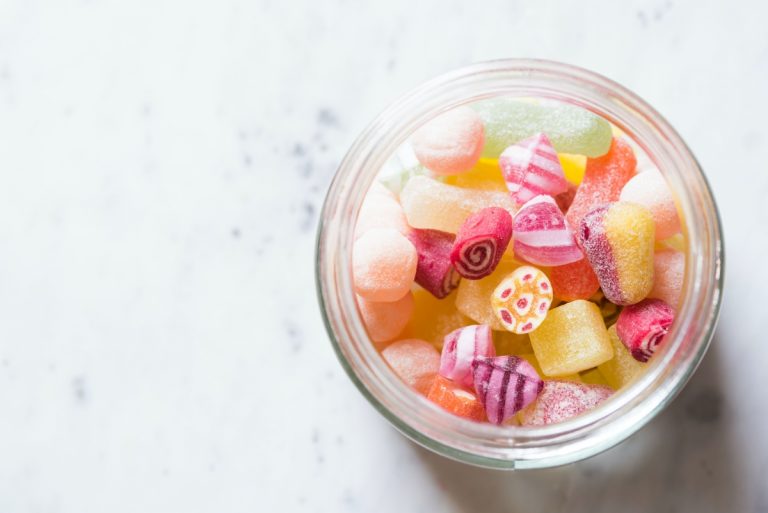Sweets can contain ingredients that can damage your teeth. Some of the most common ingredients are sugar, acids, and artificial sweeteners. When you eat these types of sweets, they can cause your teeth to become sensitive and susceptible to decay. If you have a problem with sweets damaging your teeth, talk to your dentist about the best way to avoid this problem.
If you enjoy sweets, then the chances are that your teeth might be in for some trouble. This article breaks down the science of how candies can damage your teeth and gives tips for people who want to avoid this problem.
Introduction: The effects of sugar on teeth
Sugar is the most important source of energy in the human body. It helps maintain blood glucose levels, which are necessary for a well-functioning brain. Sugar acts as a type of antibiotic by killing off bacteria that live in the mouth. However, frequent sugar consumption can have many long-term effects—the effects of sugar on teeth.
Sugar can also cause cavities, tooth decay, and gum disease by affecting bacteria that live in the mouth. Gum disease is a form of tooth decay. Sugar also plays a role in tooth decay by making bacteria produce acids that attack the teeth. Sugar changes the pH levels in your mouth, making it more difficult for you to get rid of harmful bacteria. Excess sugar can cause gingivitis, an acute condition characterized by inflammation and bleeding gums.
The difference between natural and processed sugar
Processed sugar is the type that is added to many processed foods and drinks. There are many questions about the difference between natural and processed sugar. Some think that processed sugar is bad for your teeth because it’s not as easily chewed, leading to tooth decay and cavities. On the other hand, some people believe that natural sugar is better because it causes less tooth decay. These theories are based on science, but it’s essential to understand that natural and processed sugar are entirely different. Here is a comparison between the ingredients used in both types of sugar: Natural sugar refers to only sweeteners that come from plant sources (corn syrup, molasses, honey) and have been processed by Mother Nature.
Processed sugar is made from delicate items (syrups, evaporated cane juice, raw beet sugar) that are processed to make them easier to digest and more visible in the human body.
How sugar causes tooth decay
A sweet snack can cause tooth decay if you don’t know the difference between a healthy snack and an unhealthy one. Sugary snacks are not only bad for your teeth, but they can also cause cavities, gingivitis, and periodontal diseases. Research has shown that sugar can cause tooth decay by altering your body’s ability to control the acid level in your mouth. Sugar damages the teeth by creating a more significant amount of acid in your mouth than you have control over, which causes cavities. Sugar acts as a substrate for bacteria that produce lactic acid and plaque during consumption. When these bacteria produce lactic acid and plaque, they start an acidic pH imbalance that can eat away at your tooth enamel.
Prevention tips
Sweet foods can be delicious, but they are also one of the leading causes of tooth decay. The best way to prevent your teeth from getting damaged is by brushing and flossing regularly. If you eat something complex like a piece of candy, it’s best to spit it out and rinse your mouth with water right away. If you eat hard candy and forget to rinse your mouth, avoid drinking any fluids for at least 15 minutes. Rinsing the mouth with a small amount of water can help prevent cavities. Brushing your teeth at least two times per day is also very important if you floss your teeth. Schedule a dental cleaning every six months to ensure your gums, tongue, and teeth are healthy.

